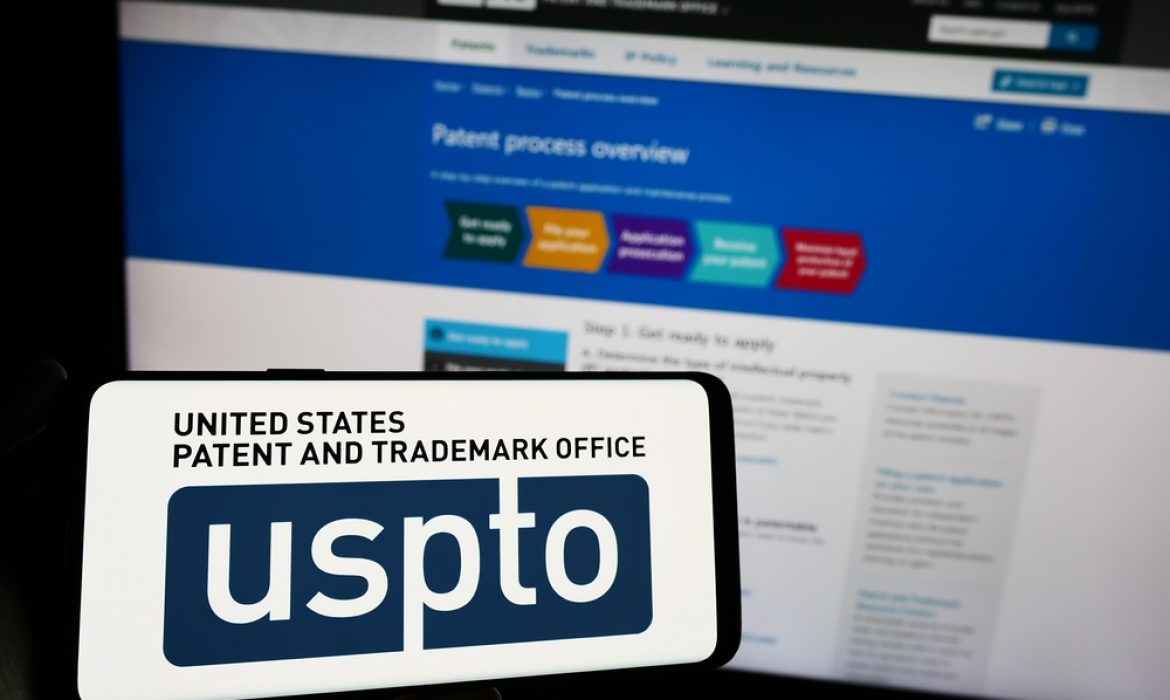The U.S. Patent and Trademark Office (USPTO) has declared that artificial intelligence (AI) systems cannot be named as inventors in patent applications. The agency recently released comprehensive guidelines after soliciting public feedback, outlining the role of AI in the invention process.
Disclosure Mandate for AI-Assisted Inventions
The USPTO clarified that while AI and other “non-human entities” cannot be designated as inventors, individuals utilizing AI tools must disclose this information when registering patents. The guidance emphasizes the need for transparency, requiring applicants to list all material information relevant to the decision-making process.
Significant Human Contribution Requirement
To qualify for patent registration, individuals leveraging AI must have made a substantial contribution to the invention’s development. Mere observation of an AI system’s creative process does not confer inventorship. The USPTO asserts that presenting a problem to an AI system without actively contributing does not merit patent eligibility.
Demonstrating Contribution Through Problem-Solving
The agency outlines that a person’s significant contribution can be evidenced by formulating a problem and building a hint to guide the AI system towards a specific solution. This nuanced approach seeks to recognize the human element in the inventive process.
Intellectual Dominance Alone Doesn’t Suffice
The USPTO explicitly states that merely maintaining “intellectual dominance” over an AI system does not qualify an individual as an inventor. This means that supervising or owning AI technology that autonomously generates inventions does not grant eligibility for patent application.
Historical Precedents and Judicial Backing
This decision follows the 2020 ruling by the USPTO, which restricted patent applications to “natural humans,” rejecting a petition from researcher Steven Thaler who sought to list his AI creation, DABUS, as an inventor. The US courts upheld this decision. Additionally, a separate federal court ruled against copyrighting AI-generated content, solidifying the stance that AI systems themselves cannot hold intellectual property rights.
This landmark decision navigates the evolving landscape of AI integration into inventive processes, balancing the role of technology with the indispensable human touch in patent eligibility.


